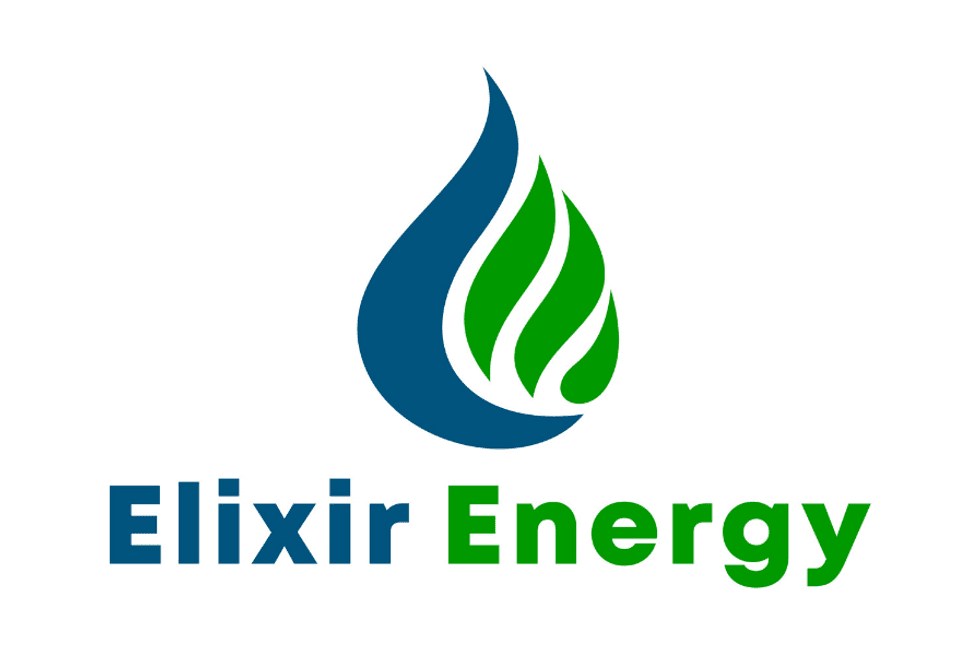Taroom Trough Coals Flowed for First Time – Updated

These factors and more have inventors asking, “Is hydrogen a good investment?” Here the Investing News Network takes a look at what hydrogen is used for, the types of hydrogen, the hydrogen outlook and how to invest in the hydrogen market.
What is hydrogen used for?
The most abundant and lightest element on earth, hydrogen is a clean burning, colorless and odorless gas. Today, hydrogen is mainly used as an industrial chemical by the petroleum industry to lower the sulfur content of fuels and as a principal ingredient in the manufacturing of nitrate fertilizer.
With an energy density almost three times that of diesel or gasoline, it can be burned to generate electricity or combined with oxygen atoms to power fuel cells. A report by RBC Capital Markets shared the same sentiment as the IEA, stating that hydrogen has a “role to play in carbon reduction and the transition toward lower- and zero-carbon energy production.”
As it produces no carbon emissions, RBC says hydrogen has the ability to replace fossil fuels in:
- fueling long-haul transport such as trucking, trains, ships and planes
- renewable energy storage and power supply chains
- hard-to-abate, energy-intensive industrial manufacturing processes such as steelmaking, production of chemicals and cement and crude oil refining
The long-haul transportation sector has proven especially difficult to decarbonize due to the excessive weight of lithium-ion batteries and their insufficient operating range. Hydrogen offers a light-weight alternative that can go the distance needed to bring the transportation sector closer to net-zero emissions.
There are two hydrogen-based technologies emerging to serve the needs of this industry: hydrogen-fueled engines, which operate in much the same way as diesel- or gasoline-fueled ones; and hydrogen fuel cells, which produce electricity by combining hydrogen and oxygen across an electrochemical cell.
Fleet vehicle manufacturers including Daimler Truck (OTC Pink:DTGHF,FWB:DTG), Volvo Group (STO:VOLV-B) and Toyota Motor (NYSE:TM,TSE:7203) are working to bring hydrogen-powered vehicles to market. Daimler and Volvo are collaborating to develop hydrogen fuel cell technology. For its part, Toyota has been working on hydrogen fuel cell technology since the 1990s, and it is also now developing fuel cells for use in buses and heavy-duty trucks.
Hyundai Motor (KRX:005380) brought its Nexo hydrogen-powered SUV to the Canadian market in 2023, and in 2024 is trialling an autonomous heavy-duty hydrogen fuel-cell electric truck in the United States. There are also reports that the South Korean car maker is set to debut the world’s first hydrogen powered supercar in 2026.
When it comes to energy storage, the US Energy Information Association (EIA) explains that “hydrogen could be produced with renewable resources when renewable energy production is high and could be stored to generate electricity when renewable resources are limited and electricity demand is high.”
The…
Read More: Taroom Trough Coals Flowed for First Time – Updated
